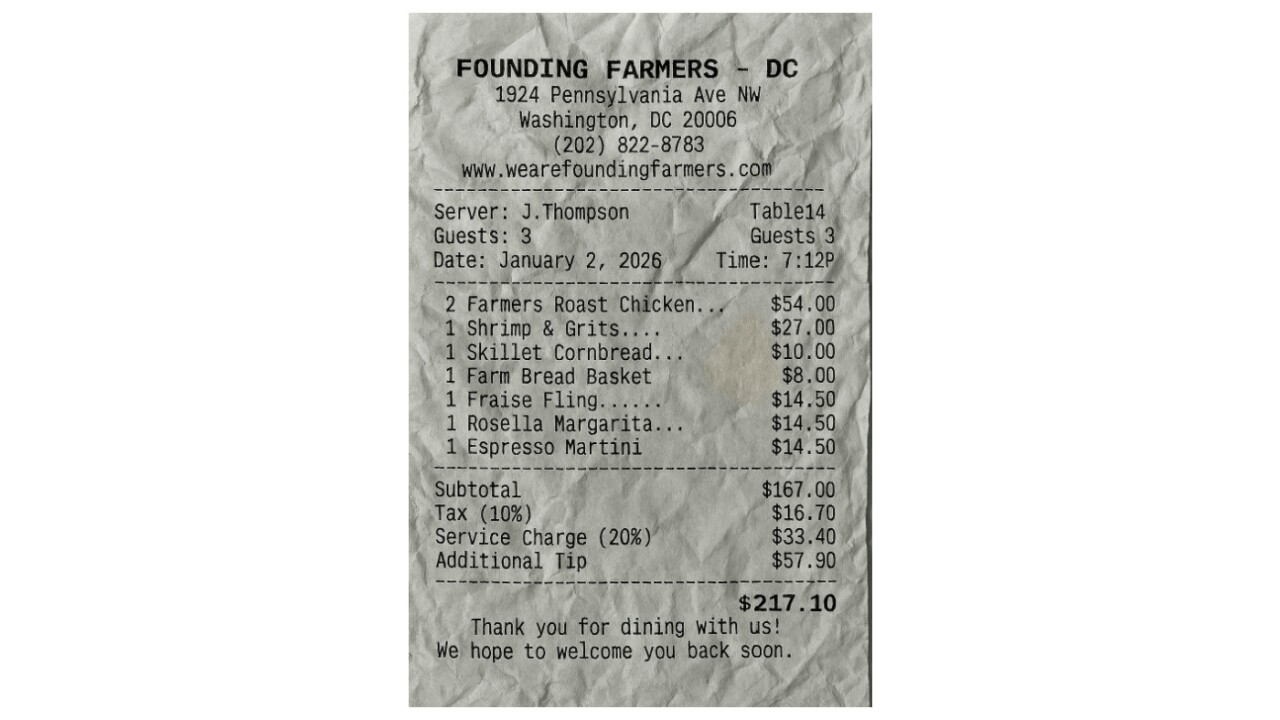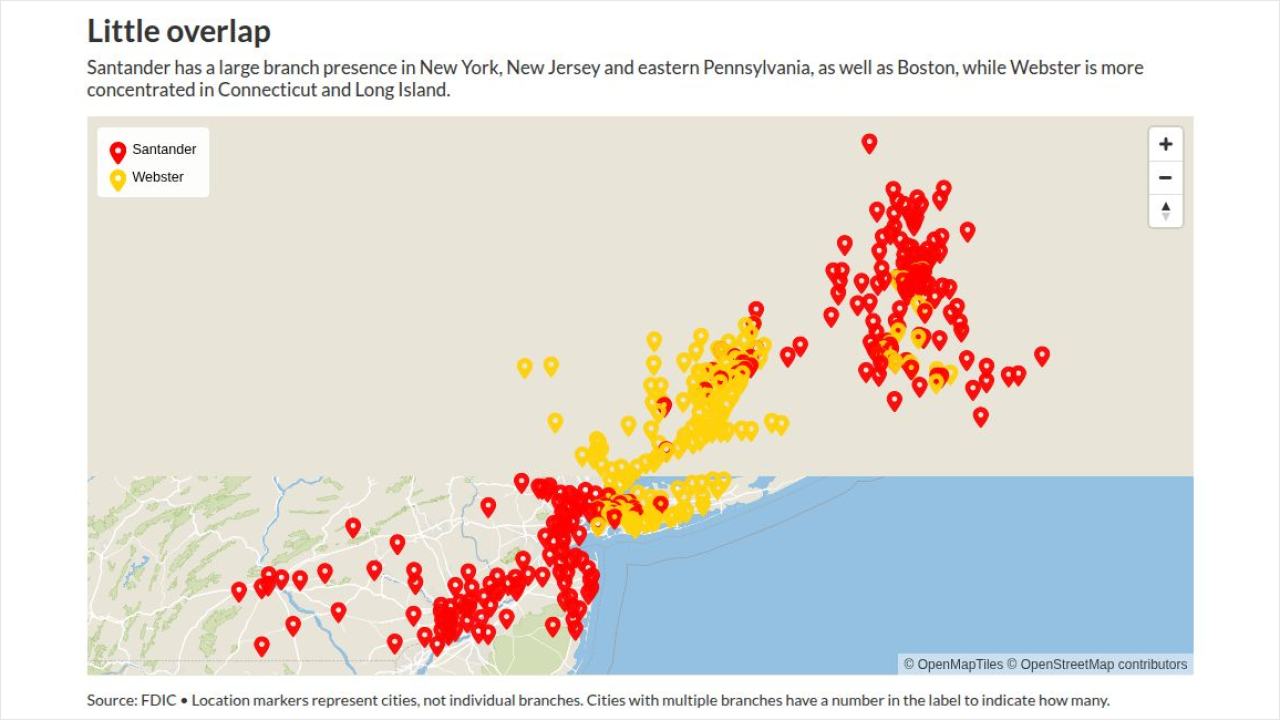A California couple that hasn't made a mortgage payment since 2009 will finally be forced out of their $1.7 million home after a state court ruled last month that they had exhausted repeated appeals, paving the way for their servicer CitiMortgage to foreclose on the property.
The story of how the couple, Anita and Mahesh Khurana, managed to evade foreclosure for 13 years on their home in San Ramon, California, is a complicated legal tale. The couple obtained an initial loan modification in 2009 but failed to make payments after six months. Their efforts to stay in their home came at the height of the financial crisis when servicers were overwhelmed by requests for loan modifications and policymakers at the state and federal level had crafted requirements aimed at helping defaulted borrowers stay in their homes.
"It's very unusual for something to go on that long for 13 years — it's rare, " said Roland Reynolds, a partner at Gordon & Reynolds, a Los Angeles law firm that represents financial institutions, private lenders and servicers. "The borrower is usually somebody who is very good at fighting on several fronts, but to get to 13 years you really have to combine it with some sort of decision by the servicer not pressing their rights as much as they could."

In an effort to stave off foreclosure, the Khuranas filed a Chapter 13 bankruptcy reorganization in 2015, then sought a Chapter 7 bankruptcy liquidation in 2017. Filing for bankruptcy allows a borrower to get an automatic stay of a foreclosure sale, sometimes for as long as five years. Experts who have looked at the state court documents said the Khuranas were extremely innovative by preemptively suing their mortgage servicer, CitiMortgage, alleging negligence, unfair business practices and violations of California's Homeowners Bill of Rights. The pandemic also may have helped the couple avoid foreclosure in the past two years.
The California case is certainly not the longest foreclosure by a long shot but is still unusual given that the couple have not paid their mortgage in more than a decade.
Rick Sharga, a mortgage expert and executive vice president at ATTOM Data Solutions, an Irvine, California, provider of property data, said the longest case he was aware of was in New York where a borrower managed to avoid foreclosure for more than 20 years.
"It's a little harder to game the system in California than New York, which has a court-based foreclosure process that provides multiple opportunities for delays and appeals," Sharga said. "But I've heard about loans in foreclosure for so long, where the servicers have essentially just given up."
Servicers are likely to point to the Khuranas story as a worst-case scenario in how the legal and bankruptcy systems can be gamed. It also is a cautionary tale for regulators and policymakers who crafted servicing requirements such as California's Homeowners Bill of Rights, effectively creating endless opportunities for borrowers to request loss mitigation to hold foreclosure at bay.
"The Homeowners Bill of Rights is not perfect, but combined with the case law in California, [it] is not friendly to banks and servicers," said Stephen Foondos, senior attorney at United Law Center, a Sacramento, California, law firm that represents borrowers in wrongful foreclosures.
Foondos said that some major banks no longer service loans in California "because it's far too difficult given the laws" to foreclose on borrowers. "Then [servicers] hire inexperienced counsel who are ineffective at resolving the issues and are more interested in billing hours regardless of how weak their client's defenses are," he said.
Living Rent-Free
Living rent-free is quite a feat for any homeowner but it is particularly difficult in California, a nonjudicial foreclosure state where lenders typically are allowed to foreclose on a defaulted borrower within 120 days, or roughly four months, without filing in court. Experts say the Khuranas tapped into two programs that helped them continue to pursue alternatives to foreclosure long past the time when most borrowers are able to do so.

The California couple first applied for the Mortgage Modification Mediation Program that allows bankruptcy filers to begin a mediation process with their lender to get a loan modification or ultimately surrender the property. But it was California's Homeowner's Bill of Rights — a set of requirements passed in 2013 and modified and renewed in 2019 to provide protections to homeowners facing foreclosure — that bought the Khuranas more time, experts said.
The Khuranas bought their house in 2001 and refinanced in 2006 through Argent Mortgage, a subprime lender and servicer that was dissolved early in the financial crisis. CitiMortgage serviced the Khuranas' loan for more than a decade after Citigroup bought the remnants of Argent's mortgage and servicing operations and its affiliates in 2007.
The couple initially filed for Chapter 13 bankruptcy in 2015 in Superior Court in Contra Costa County, California, which approved the plan a year later. But when the couple requested a second loan modification in 2016, alleging they had sent their servicer all the required documents, Citi countered that the Khuranas did not qualify for a second loan mod.
Servicers are only required to review a first request for a loan mod unless there is a material change in the borrower's financial circumstances that is documented and submitted to the servicer. Court documents show that the Khuranas had not submitted all the necessary documents. By late 2016, when Citi issued a notice of trustee's sale, the total unpaid balance on the Khuranas' loan was $1,699,516.85, court records show. Current valuations of the property were not immediately available and photos of the home are
A sale of the Khuranas' home was scheduled for Jan. 4, 2017, but on the same day the couple filed a voluntary petition for Chapter 7 bankruptcy stating that they did so "for the purpose of delaying a foreclosure sale," according to court documents. A week after filing Chapter 7, the couple filed a lawsuit against CitiMortgage claiming negligence and alleging that the servicer had failed to provide a single point of contact and did not assess a foreclosure prevention alternative as required by the Homeowner's Bill of Rights.
As part of the lawsuit, depositions were taken of several Citi employees who testified that the Khuranas were denied a loan mod because they did not submit an appeal, failed to show changed financial circumstances, and did not provide a slew of required documents including tax documents, updated bank account statements, pay stubs or a hardship letter.
Citi employees also repeated core facts of the case in court: "The Khuranas defaulted on the loan by failing to make required payments beginning in 2009," state records show. "The Khuranas did not cure the default, and the loan has remained in default since that time."
The tricky aspect of mortgage servicing is that when a borrower defaults on a loan, the servicer is required to continue paying the principal, interest, taxes and insurance to the owner of the loan. CitMortgage had the authority to make all decisions on loan modifications, forbearance and foreclosure but still had to continue paying investors on behalf of the Khuranas, experts said.
Citi declined to comment. The California attorney representing CitiMortgage in the case did not return calls seeking comment, and the Khuranas did not respond to requests for comment. Their attorneys also did respond to requests for comment or were unreachable.
The ultimate owner of the Khuranas' loan is U.S. Bank as the trustee for the residential mortgage-backed security trust that holds the lien on the California property. A U.S. Bank spokesman said the bank does not have any loan level information and has no responsibility to review or take any action on the servicer's decisions.
Drawn-out litigation
Attorneys who represent borrowers in foreclosure claim it's far easier for a servicer, with plenty of funding, to endure the process free from emotional distress compared to the homeowners, who simply want to live in their home and may be forced to endure years of expensive litigation and emotion trauma that may be the result of a servicers' error, Foodos said.
"In my experience, for every one homeowner who intentionally games the [loan modification] system, there are 50 servicers who errored and use mods to cover it up," Foondos said.
By 2019, after several appeals, the Khuranas submitted additional allegations in court against CitiMortgage claiming fraud and violations of the Real Estate Settlement Procedures Act. But the court found that they had "failed to provide any valid explanation for the unwarranted delay in asserting a new theory of fraud so late in the proceeding."
When the pandemic hit in March 2020, mortgage servicers were generally prohibited from foreclosing on borrowers, resulting in further delays that kept Citi and other creditors from exercising their rights to gain control of the property, records show.
Ultimately, a Contra Costa County Superior Court judge determined that the couple were "simply drawing this litigation out so that they may stay in their home indefinitely without making payments" and granted summary judgment to CitiMortgage. CitiMortgage won approval in August to begin foreclosure proceedings on the California home.
While every foreclosure case is different, Reynolds acknowledged that some cases "fall through the cracks," adding that he still gets calls from defaulted borrowers who have not made mortgage payments for years. He described the Khuranas' tactics as similar to a whack-a-mole carnival game.
"There are multiple things going on in this long, convoluted story and different tactics used," Reynolds said. "It's whack-a-mole, where they filed Chapter 13, then Chapter 7, then another lawsuit. And in between the servicer put the foreclosure on hold and didn't get to sell the property when they could."





